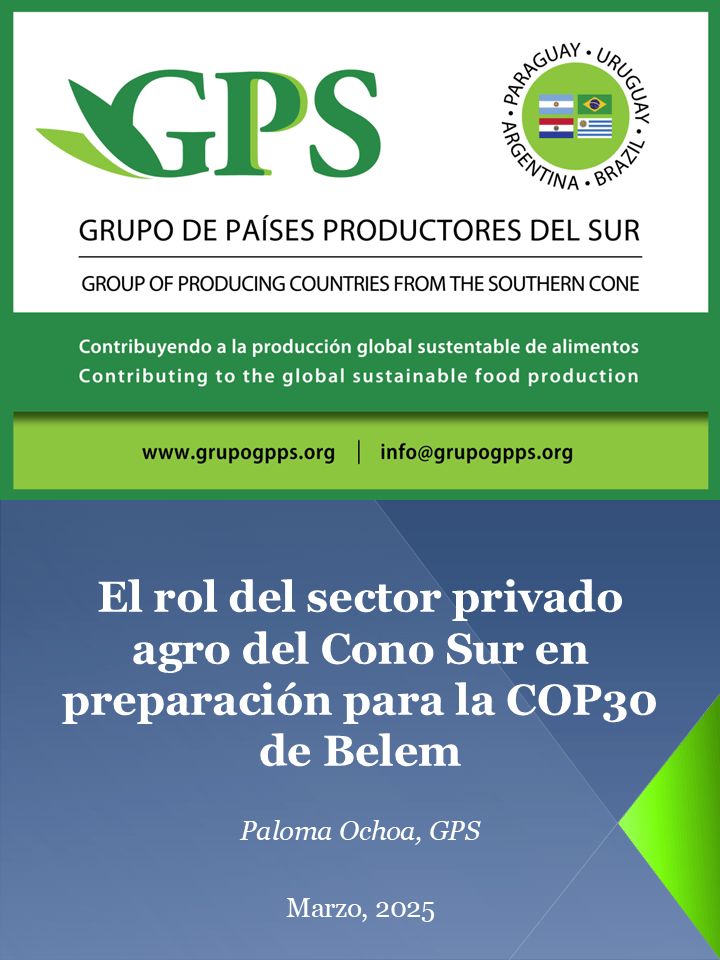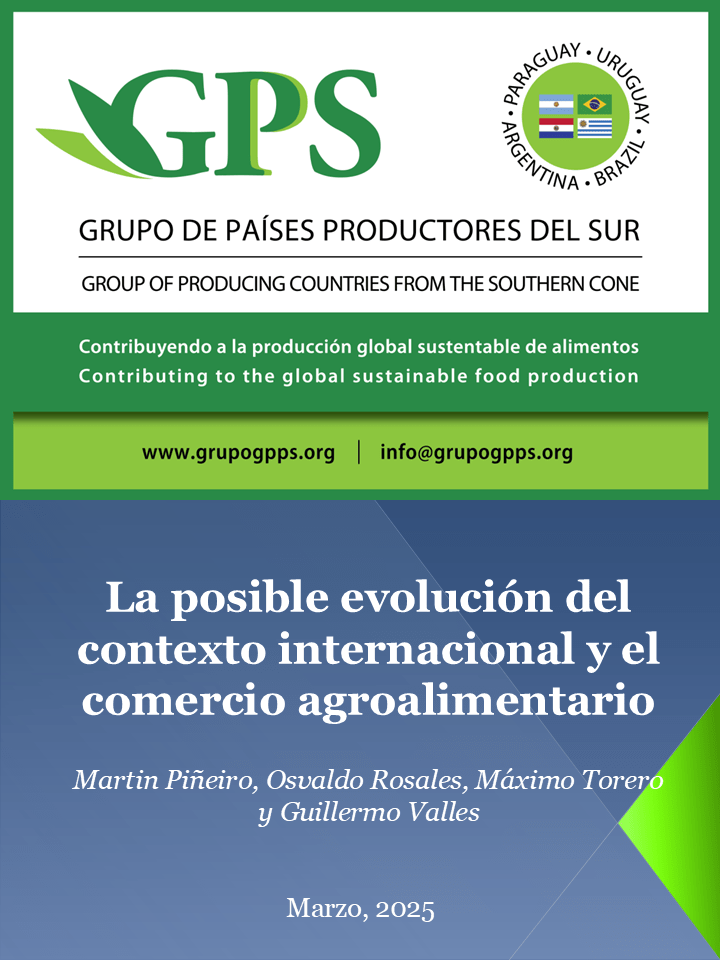Sabine Papendieck, March 2021
Deforestation and forest degradation at a global level continue to advance at an alarming rate, which contributes significantly to the current loss of biodiversity and the loss of carbon in soil, becoming a central issue in international trade negotiations as well as in the requirements of access to markets.
In South America, net forest area losses have fallen substantially, by more than half since 2010 compared to the previous decade, contributing to a slowdown in the global net forest area loss in the 2010-2020 period. Likewise, and although agricultural expansion by raising cattle, soybeans and palm continues to be the main cause of deforestation and forest fragmentation, there are also important advances in forest restoration. South America has the largest restoration area with 10.7 million ha in the 2000-2019 period. On the other hand, the region also represents most of the forests in protected areas worldwide with a share of 31%.
The work addresses the situation regarding net deforestation (considering both deforestation and reforestation) in the Mercosur countries, as well as the requirements of the importing countries and the adequacy of the exportable supply in the region.



